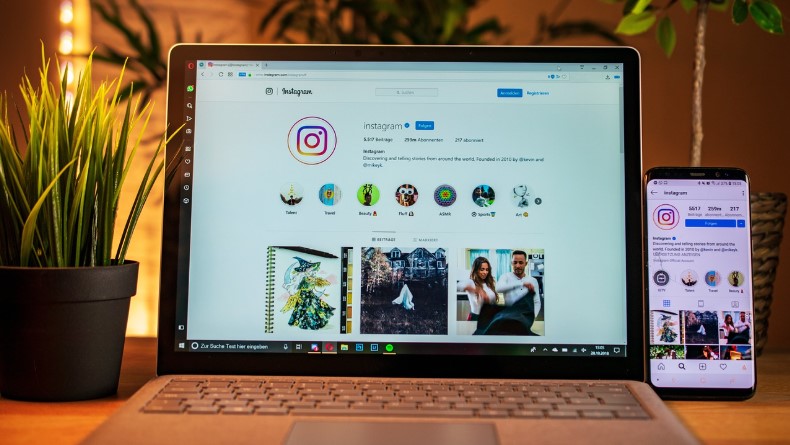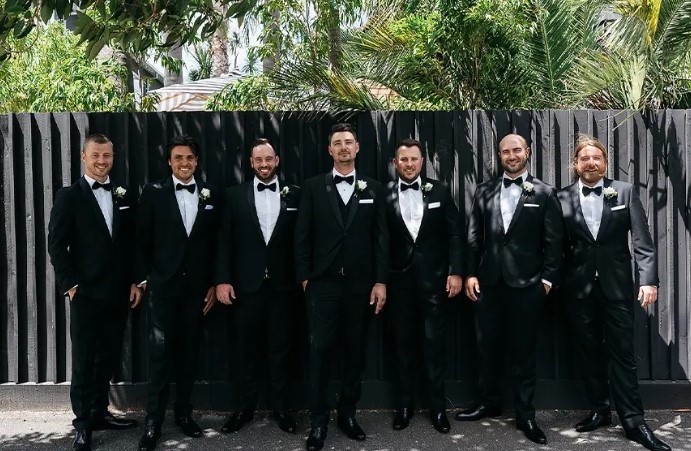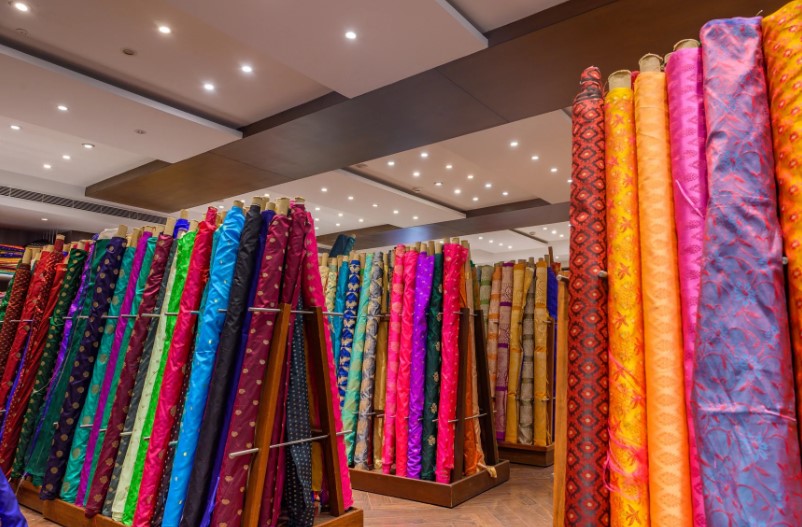The impact of social media influencers on consumer behavior has transformed how people discover, evaluate, and purchase products. From fashion to fitness, tech to travel, influencers now act as a bridge between brands and buyers, shaping trends and purchase intentions in powerful ways.
Why Social Media Influencers Matter
Social media influencers thrive on platforms like Instagram, YouTube, TikTok, and Twitter. Their ability to build loyal communities gives them immense power to sway consumer decisions. Unlike traditional advertisements, influencer recommendations often feel personal and relatable, creating stronger emotional connections.
Brands leverage this influence for:
-
Product awareness through authentic storytelling.
-
Targeted marketing by tapping into niche communities.
-
Building trust via influencer credibility.
-
Driving sales with direct product links and discount codes.
How Influencers Shape Consumer Behavior
1. Trust and Authenticity
Consumers perceive influencers as relatable figures rather than corporate entities. A recommendation from a trusted influencer feels like advice from a friend, making followers more receptive to trying products.
2. Social Proof and FOMO
When influencers showcase a product, it creates a ripple effect of social proof. Followers see others engaging with the product and fear missing out (FOMO), prompting them to buy.
3. Emotional Connection
Unlike generic advertisements, influencer content often blends lifestyle, storytelling, and personal experiences. This emotional resonance influences consumer attitudes and purchase intentions more effectively.
4. Trends and Aspirations
Influencers set cultural and fashion trends. When a beauty guru endorses a lipstick or a gamer highlights new gear, it sparks widespread interest, fueling demand almost overnight.
5. Interactive Engagement
Through polls, Q&As, live streams, and comments, influencers interact with their audience directly. This two-way communication builds community trust and strengthens consumer loyalty to both the influencer and the brand.
6. Niche Communities
Micro-influencers, often with smaller but highly engaged audiences, target niche markets. Their recommendations feel even more personalized, leading to higher conversion rates.
Positive and Negative Impacts on Consumers
Positive:
-
Access to honest product reviews.
-
Discovery of niche brands and innovative products.
-
Inspiration for lifestyle improvements (fitness, beauty, travel).
-
Discounts and exclusive deals.
Negative:
-
Overconsumption due to constant exposure.
-
Unrealistic lifestyle portrayals.
-
Potential misinformation if influencers lack expertise.
-
Vulnerability to hidden sponsorships.
Role of Influencers in Different Industries
-
Fashion and Beauty: Influencers drive fast-changing trends, with product endorsements often leading to sell-outs.
-
Fitness and Wellness: Personal trainers and lifestyle coaches motivate audiences to adopt healthier routines and purchase related gear.
-
Technology: Tech reviewers and gamers guide purchasing decisions through demonstrations and comparisons.
-
Travel and Hospitality: Influencers showcase destinations, inspiring followers’ travel choices.
-
Food and Lifestyle: Recipe creators and food bloggers impact dining and product preferences.
The Psychology Behind Influencer Impact
Consumer behavior theories explain why influencers are so effective:
-
Social Learning Theory: People emulate those they admire.
-
Cognitive Dissonance: Positive endorsements reduce uncertainty about purchases.
-
Maslow’s Hierarchy of Needs: Products linked to self-esteem or belonging often appeal more when promoted by influencers.
Future of Influencer Marketing
With the rise of artificial intelligence, data-driven insights, and virtual influencers, the landscape will continue evolving. However, the foundation remains the same: consumers crave relatability, trust, and authenticity. Brands that collaborate with influencers who genuinely align with their values will thrive.
FAQs on Impact of Social Media Influencers on Consumer Behavior
Do influencers really affect buying decisions?
Yes. Studies show that influencer recommendations are trusted more than traditional ads, significantly impacting consumer choices.
Why do people trust influencers over brands?
Because influencers feel authentic, relatable, and approachable, unlike faceless corporations.
Are micro-influencers more effective than celebrities?
Often, yes. Micro-influencers connect deeply with niche audiences, leading to higher engagement and conversion rates.
Can influencer marketing be misleading?
If influencers hide sponsorships or exaggerate claims, it can mislead consumers, which is why regulations now demand transparency.
What is the long-term effect of influencer marketing?
It fosters brand loyalty, creates lifestyle trends, and reshapes consumer decision-making processes.
Finally,
The impact of social media influencers on consumer behavior is undeniable, reshaping how people view, evaluate, and purchase products. From establishing trust to setting trends, influencers wield extraordinary power in shaping consumer decisions. While this creates new opportunities for brands, it also challenges consumers to remain mindful of authenticity versus marketing. As digital spaces evolve, one fact remains: influencers will continue to redefine the relationship between brands and buyers in profound ways.






Leave a Reply